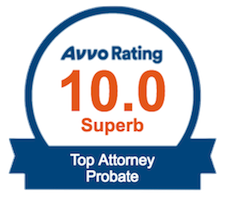Accessing Your Retirement Savings Early and Penalty-Free
Need Your Retirement Savings Sooner? Here’s How To Do It Without the Penalty
At Goldberg & Goldberg, we understand that sometimes life doesn’t wait until retirement for you to need access to your saved funds. Whether it’s from a 401(k), an IRA, or another type of retirement account, tapping into these funds early usually means incurring a hefty penalty. However, there are legal ways to bypass this penalty, and we’re here to guide you through them.
When you withdraw money from your retirement plan before age 59½, the standard rules stipulate a 10% early distribution tax on top of normal income taxes. This can be a significant financial setback, but it’s preventable in some cases. Let’s dive into the options that might help you withdraw early without that extra 10% tax looming overhead.
Substantially Equal Periodic Payments
Anyone with an IRA or other retirement plan can take advantage of the “substantially equal periodic payment” exception, despite their age. By withdrawing fixed, periodic amounts based on life expectancy, you could avoid the early withdrawal penalty. Remember, if these are employer plan payments, you must not be working for the employer when the payments start. With an IRA, your employment status doesn’t matter.
Separation From Service After Age 55
It’s possible to dodge the early distribution tax if you’re leaving your employment at or after age 55. This applies to your former employer’s retirement plan—not IRAs—and you just need to have separated from service, not necessarily retired. Taxes will still apply, but the early distribution tax won’t if you’re within the age 55 to 59½ range.
ESOP Dividends
Are you a participant in an ESOP? Dividends received from these plans may be exempt from the early distribution tax. It’s one of the unique benefits offered by employee stock ownership plans.
Medical Expenses
Withdrawing to cover medical expenses can also potentially avoid the early distribution tax—specifically, the amount over 7.5% of your adjusted gross income that could be itemized as a deduction. This option is there even if typically you don’t itemize deductions on your tax return.
Payments Under a Qualified Domestic Relations Order (QDRO)
Following a divorce or legal separation, certain payments made for alimony, child support, or property settlements under a QDRO are not subject to early distribution tax. Again, this does not apply to IRAs; read on for applicable exceptions.
In the Event of Death
Unfortunately, one definitive way to avoid the distribution tax is if the account holder passes away. Beneficiaries of the deceased are exempt from the penalty when withdrawing funds from an account still in the decedent’s name.
Distributions Upon Disability
Should you become disabled, all further withdrawals from your retirement plan can avoid the early distribution tax. The crucial factor is the permanence of the disability, judged against strict legal definitions.
Corrective Distributions
Accidentally contributed more to your plan than allowed? Refunds of these excess contributions, ideally withdrawn within certain time frames, can help you avoid the early distribution tax—though other taxes and penalties may apply.
Unique Rules for Traditional IRAs
The intricacies of IRAs differ slightly from other qualified plans. Apart from the substantially equal periodic payment rule, traditional IRAs do not recognize the age 55 separation or QDRO exceptions. However, they offer extra leeway for health insurance premiums for the unemployed, higher education expenses, and first-time home purchases, with each having particular rules to prevent the early distribution penalty.
Planning to access your retirement savings early and without penalty can be a complex process, but Goldberg & Goldberg is here to help you navigate these waters. Contact us today at (301) 654-5757 for a Free Consultation and personalized legal guidance on how you may legally access your retirement funds early.




